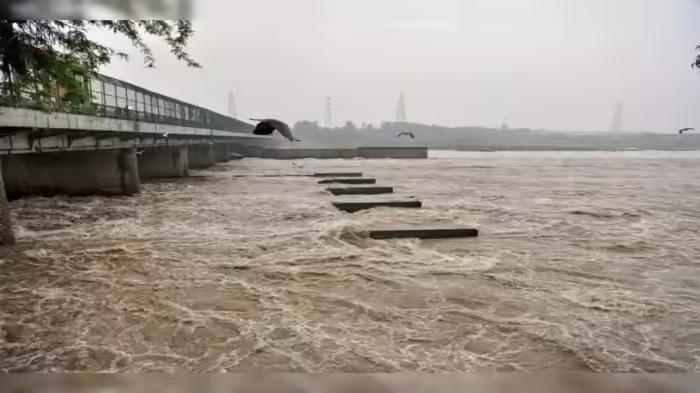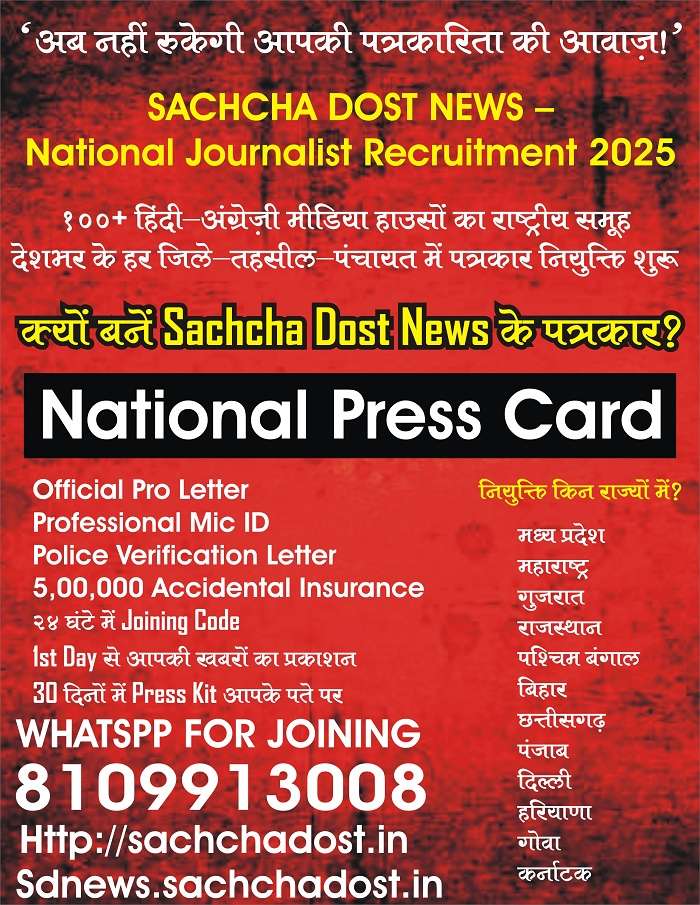
New Delhi: A fresh conflict has erupted between Delhi, Punjab, and Haryana over the sharing of Yamuna river water, as the 30-year-old water-sharing agreement comes up for review. In a recent Chief Ministers’ meeting, Delhi has demanded an increase in its water quota, while Punjab is now asserting its claim to a share of the river water.
Delhi Demands Higher Water Allocation
Delhi’s Chief Minister, Rekha Gupta, recently called for a review of the 1994 water-sharing agreement, requesting an increase in the capital’s Yamuna water allocation from 980 MGD to 1,250 MGD. Officials have warned that if Delhi’s share is not increased, the city will face a long-term supply-demand gap, leaving it reliant on tube wells for meeting its water needs.
Punjab Asserts Its Claim
Punjab’s Chief Minister has stated that if Haryana can claim its share of the Ravi-Beas waters, Punjab is equally justified in asserting its entitlement to Yamuna water. The state has urged the central government to consider its demands while negotiating the renewal of the agreement.
Historical Context
The first Yamuna water-sharing arrangement was signed in 1954 between Haryana and Uttar Pradesh. Over the decades, several agreements were made, including the 1994 pact, which is now up for renewal. With the old agreement expiring, interstate tensions over water allocation have resurfaced.
Implications if Delhi’s Share Isn’t Increased
Water board officials have cautioned that if Delhi’s Yamuna quota is not revised, the city may have to rely heavily on tube wells to meet demand. Currently, Delhi receives water from multiple sources:
- Bhakra-Beas Management Board – 279 MGD
- Yamuna River – 330 MGD
- Upper Ganga Canal – 256 MGD
Officials have emphasized that any shortfall in Yamuna water could strain the city’s supply for years to come, highlighting the urgency of resolving the dispute.
Discover more from SD NEWS agency
Subscribe to get the latest posts sent to your email.
